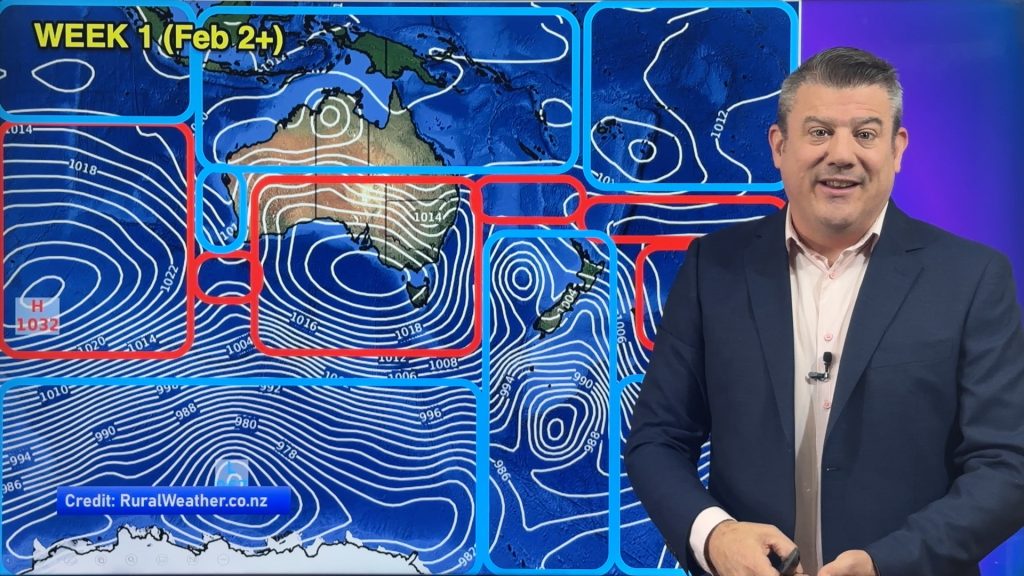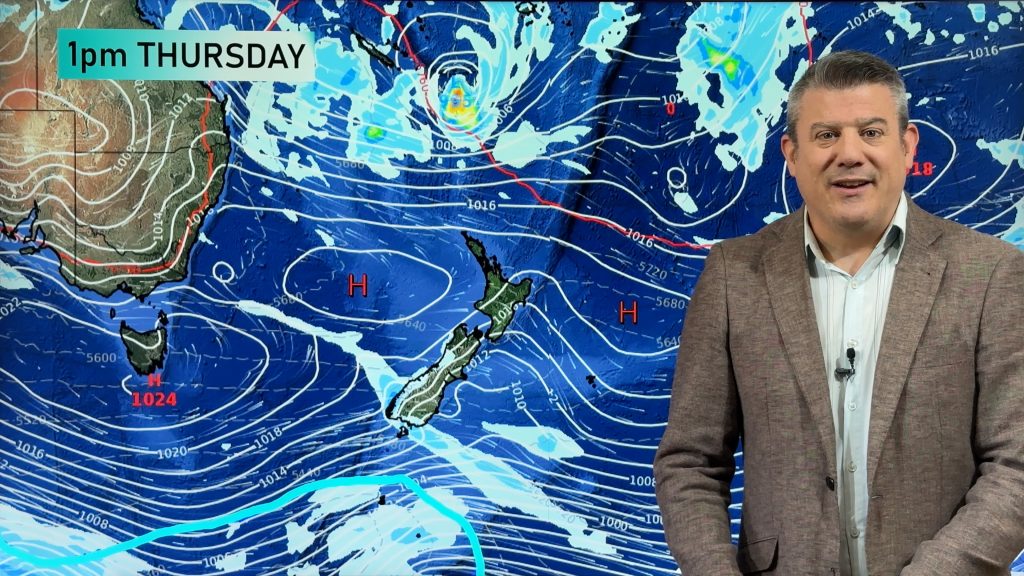
> From the WeatherWatch archives
It is a tie: Last year equalled 2005 as the warmest year on record, United States Government climate experts reported.
The average worldwide temperature was 0.62C above normal last year. That’s the same as six years ago, the National Climatic Data Centre said.
Climate experts have become increasingly concerned about rising global temperatures over the past century. Most atmospheric scientists attribute the change to gases released into the air by industrial processes and petrol-burning engines.
In addition, the Global Historical Climatology Network said yesterday that last year was the wettest on record.
“The warmth this year reinforces the notion that we are seeing climate change,” said David Easterling, chief of scientific services at the climatic data centre.
Nine of the 10 warmest years on record have occurred since 2000, he noted. The exception was 1998, which is the third warmest year on record going back to 1880.
Easterling said the data disproves unequivocally claims that climate warming ended in 2005.
The readings are collected at land stations and from ships and buoys at sea. The “normal” reading they use is the average worldwide temperature for the 20th century, which was 14C.
Temperatures over land were the warmest on record last year, averaging 1C above normal, while ocean temperatures were the third warmest on record at 0.49C above average.
Other findings included:
* There were seven named storms and three hurricanes in the Pacific, the fewest since the mid-1960s but the Atlantic hurricane season had 19 named storms and 12 hurricanes.
* Arctic sea ice cover was the third smallest since records began in 1979, trailing only 2007 and 2008. The ice cover is considered a marker of climate change as global warming tends to be seen first at the poles.
* 2010 saw record cold and snow in January and February in the Northern Hemisphere.
* From mid-June to mid-August a strong jet stream shifted northward, bringing an unprecedented two-month heatwave to Russia and adding to devastating floods in Pakistan.
– NZHerald.co.nz, noaa.gov
Comments
Before you add a new comment, take note this story was published on 13 Jan 2011.





Add new comment
View more comments